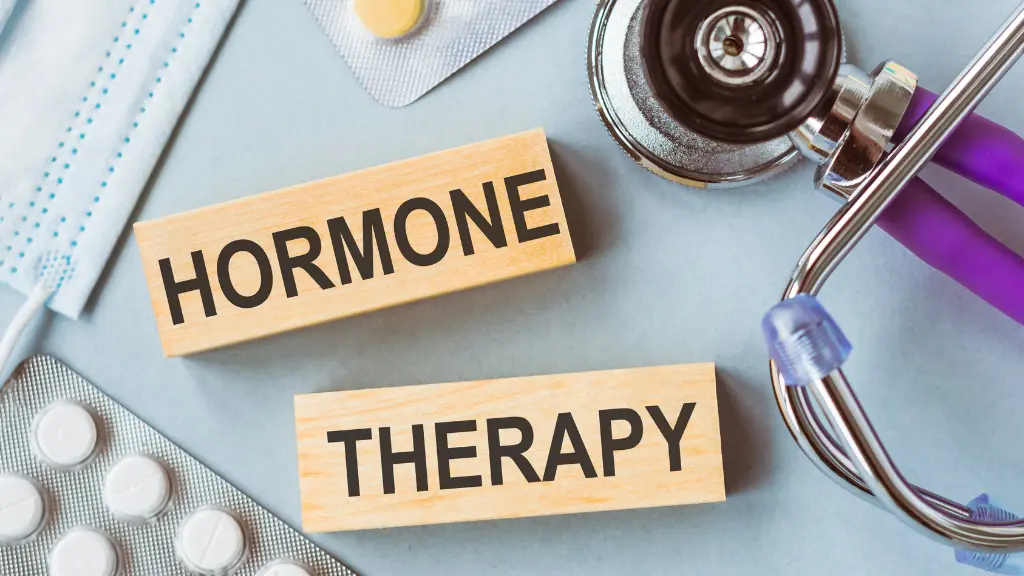Hormone therapy (HT), or hormone replacement therapy (HRT), has had a tumultuous history. Once hailed as a miracle solution for menopausal symptoms, it later faced severe backlash due to concerns about its safety. Decades later, HRT is making a comeback, but with a more nuanced approach. So, who should really consider it?
This guide explores what hormone therapy is, its benefits, risks, and the evolving recommendations on its use.
You May Also Like: Mastering the Art of Saying No
What Is Hormone Therapy?
Hormone therapy involves supplementing the body with hormones it no longer produces sufficiently. It is most commonly used to treat symptoms of menopause, such as:
- Hot flashes
- Night sweats
- Vaginal dryness
- Mood swings
There are two main types of hormone therapy:
- Estrogen-only therapy (ET): For women who’ve had a hysterectomy.
- Combination therapy (EPT): Combines estrogen and progestin to protect the uterus.
Why Was Hormone Therapy Villainized?
In the 1990s, HRT was widely prescribed to menopausal women. It was considered the gold standard for symptom relief and was thought to prevent chronic conditions like osteoporosis and heart disease.
However, the release of the Women’s Health Initiative (WHI) study in 2002 changed everything. The study linked HRT to an increased risk of:
- Breast cancer
- Heart disease
- Blood clots
Doctors and patients alike grew wary, and prescriptions plummeted. Women were left searching for alternative treatments, often with less effectiveness.
The Comeback: What Changed?
Over the years, experts have revisited the WHI data. While the initial findings raised valid concerns, they were later deemed overly generalized. Recent studies suggest that:
- Age matters: Women under 60 or within 10 years of menopause may have lower risks with HRT.
- Dosage and delivery are key: Low doses and transdermal applications (patches or creams) are safer than oral pills.
- Individualization is critical: Not all women face the same risks or benefits.
This new understanding has rekindled interest in hormone therapy, particularly for those with severe menopausal symptoms.
Who Should Consider Hormone Therapy?
Hormone therapy is not one-size-fits-all. Here are the groups that may benefit most:
1. Women With Severe Menopausal Symptoms
If hot flashes, night sweats, or sleep disturbances significantly impact your quality of life, HT may offer relief. The benefits often outweigh the risks for women under 60 or within 10 years of menopause.
2. Women at Risk of Osteoporosis
Estrogen therapy can help maintain bone density and reduce the risk of fractures. It is often recommended for women at high risk of osteoporosis who cannot tolerate other treatments.
3. Younger Women With Premature Menopause
Women who experience menopause before age 40 due to surgery or medical conditions often require hormone therapy. Without it, they face higher risks of cardiovascular disease and osteoporosis.
Who Should Avoid Hormone Therapy?
Despite its resurgence, HT isn’t suitable for everyone. Women should avoid it if they have:
- A history of breast cancer
- Uncontrolled high blood pressure
- Blood clotting disorders
- Liver disease
In these cases, alternative therapies like antidepressants, lifestyle changes, or non-hormonal medications may be better options.
Types of Hormone Therapy
Modern HT options are more varied than ever, allowing for tailored treatments:
- Pills: The traditional oral route, though associated with higher risks of blood clots.
- Patches: Deliver hormones through the skin with fewer risks.
- Gels and Creams: Applied directly to the skin or vaginal area for targeted relief.
- Pellets: Implanted under the skin for long-lasting effects.
Bioidentical Hormones: Are They Better?
Bioidentical hormones, derived from plant sources, mimic the body’s natural hormones. While they are marketed as safer and more “natural,” evidence shows they carry similar risks as traditional HT. Always consult a healthcare provider before using bioidentical products.
Benefits of Hormone Therapy
For the right candidates, HT offers numerous benefits:
- Relief from severe menopausal symptoms
- Improved bone density
- Enhanced sleep and mood stability
- Reduced risk of colon cancer










